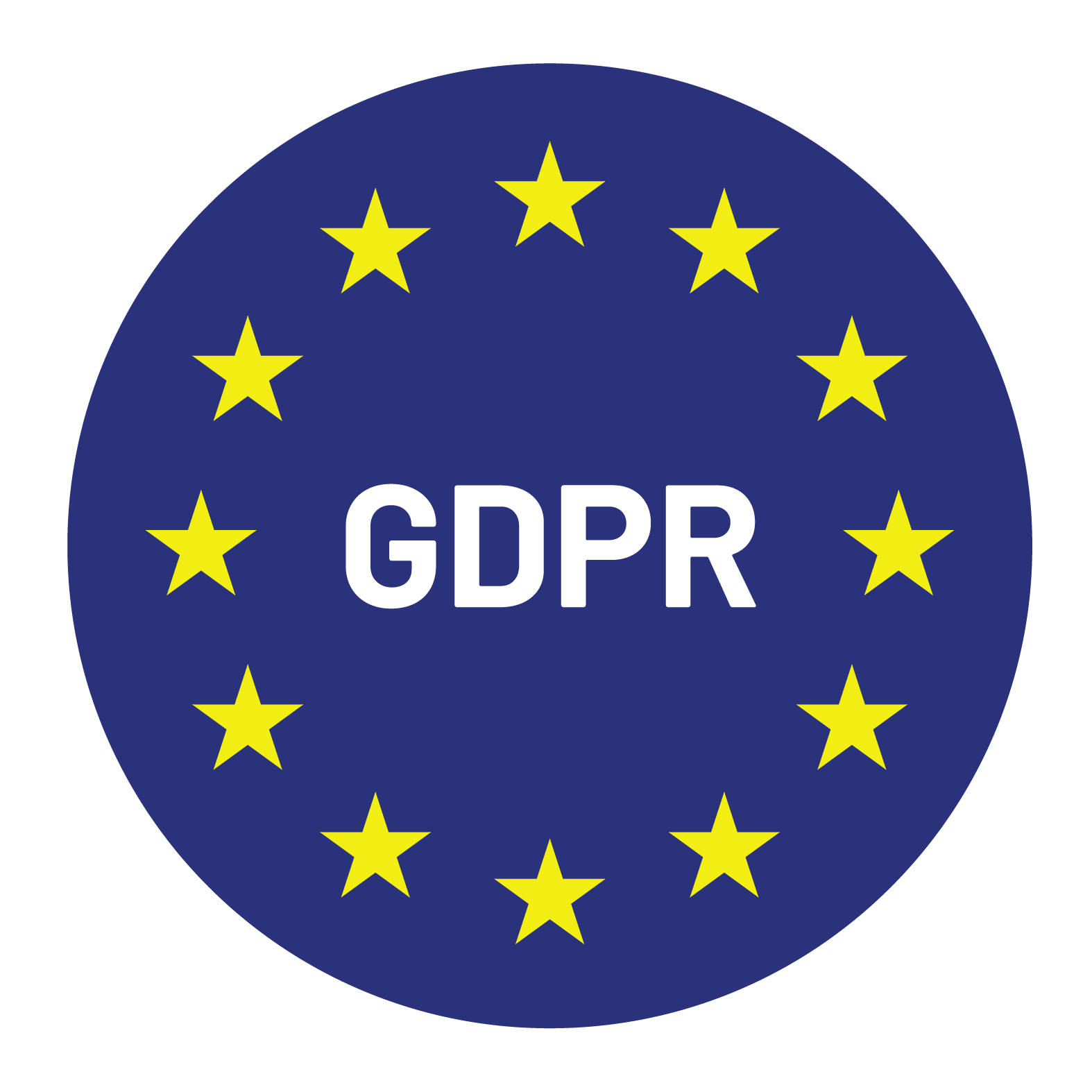

Content Writer for Whistle with multidisciplinary experience spanning over a decade.
Outsourced SDR companies have become a fixture in modern sales strategy, not as a stopgap, but as a deliberate choice. For many teams, they offer speed, scale, and access to markets that would be slow or expensive to reach alone. But the value isn’t in the model itself. It’s in how well the partner understands your buyers, represents your brand, and integrates with your goals.
Some teams see real pipeline and stronger conversion rates. Others get noise, missed signals, and a pile of meetings that never go anywhere. The difference usually comes down to what was evaluated, and what was overlooked, before signing the contract.
Building an SDR team internally gives you full control. But it comes with hiring delays, training overhead, and management complexity, especially when targeting new markets or verticals. Outsourced SDR companies remove those constraints by delivering a ready-built sales motion, often staffed with experienced reps who are already active in your space.
The right moment to outsource is typically when your internal team is at capacity, your current funnel isn’t generating enough pipeline, or you want to expand into new territories without stretching your existing resources.
If you’re looking to test new ICPs, reach mid-market or enterprise buyers, or cover a region where your team lacks language fluency or time zone coverage, an outsourced SDR team can give you that reach without forcing long-term overhead.
Outsourced SDR services vary, but most follow a similar structure. You’ll be paired with a team (or individual rep) that acts as an extension of your internal sales or marketing function. They use your messaging, your tools, or theirs, depending on the arrangement, and focus on outbound prospecting to book meetings with qualified leads.
Top-tier SDR outsourcing companies will help you refine your ICP, test outreach strategies, iterate on messaging, and provide regular reporting. Others may take a more transactional approach, booking meetings without much alignment. This is where your evaluation criteria matter.
Choosing the wrong partner can cost more than missed meetings. It can damage your brand, create noise in your pipeline, and waste time chasing leads that were never a fit to begin with. This guide walks you through what to assess, which questions to ask, and how to compare models, so you can avoid those risks and find a partner that fits.
If your buyers are in the US and your SDRs are based in Eastern Europe, that can work, but only if they speak fluently, understand the business culture, and operate in the right time zone. Language isn’t just about accent neutrality. It’s about clarity, tone, and confidence. Ensure the SDRs can communicate professionally with your buyer profile and that their schedules align with your target region.
Ask to meet the reps. Review recordings. Confirm time zone overlap. It’s not micromanagement, it’s quality control.
The best outsourced SDR companies don’t just assign whoever’s available. They actively recruit based on your market, then train new hires on your messaging, positioning, and competitive context.
You should understand:
If an SDR outsourcing company can’t show you their hiring and training process, it’s hard to trust the outcomes they’ll deliver.
Outsourced doesn’t mean distant. You’ll need consistent updates, shared targets, and mutual accountability. Weekly standups, Slack channels, shared dashboards, whatever your workflow, there should be visibility.
Clear collaboration is the difference between outsourced support and outsourced chaos. Look for SDR companies that invite feedback, iterate fast, and act like part of your team rather than an external vendor.
Activity numbers aren’t enough. You want visibility into what’s working, what’s changing, and how decisions are made. Good SDR outsourcing companies will give you reporting on outreach volume, response rates, meeting outcomes, and learnings from each iteration.
If all you get is a monthly spreadsheet with vanity metrics, that’s a problem. Look for transparency at every stage, from ICP development to campaign outcomes.
Before evaluating outsourced SDR services, define what success looks like. Is it 10 meetings per month with mid-market buyers? Are they sales-qualified leads with specific intent signals? Or is it early-stage awareness within a new vertical?
Be specific. General goals lead to general performance. Clarity on KPIs helps both sides stay accountable and course-correct quickly.
Outsourced SDR pricing can vary wildly, from per-meeting to retainer-based models, or hybrids with bonus structures. Some companies charge based on hours worked. Others price per opportunity. Understand what’s included in the contract, and what counts as a delivered outcome.
Beware vague deliverables. If “success” isn’t clearly defined in the agreement, you may find yourself paying for activity instead of results.
No SDR company can guarantee meetings with top-tier buyers every week, at least not without cutting corners. Be wary of providers who promise sky-high results without first understanding your ICP, value proposition, or market.
Other red flags:
The best outsourced SDR companies want long-term relationships, but they know those are earned, not promised.
Pay-per-appointment models may seem efficient, but they often incentivize quantity over quality. Retainers typically include more strategic input, things like messaging refinement, multichannel outreach, and SDR development, but come with higher upfront costs.
The model should match your risk tolerance and maturity level. Early-stage startups might prefer appointment-based models for speed. Later-stage companies often get better value from embedded teams.
Some SDR companies specialize in specific industries like SaaS, cybersecurity, or healthtech. This can be a major advantage, especially if they understand your buyers, know how to speak their language, and already have a playbook for your type of sale.
That said, vertical expertise is only valuable if paired with flexibility. A one-size-fits-all campaign won’t work just because it worked for another company in your space. Ask how they tailor outreach and iterate based on performance.
You don’t need to sign a 12-month contract on day one. Ask for a short pilot or project-based engagement. Some of the best outsourced SDR companies will offer a 60- or 90-day test period with clear KPIs. Use that window to evaluate team quality, responsiveness, and early results.
Testing helps you assess not just performance, but compatibility. Do they communicate clearly? Do they adapt fast? Do they feel like part of your team?
Outsourcing sales development is not a silver bullet. It’s a business decision that can accelerate growth or drain resources, depending on who you hire, how well they integrate, and whether their model aligns with your goals.
The most effective outsourced SDR teams aren’t just filling calendars. They’re helping companies build a repeatable sales motion, pressure-test their messaging, and generate conversations that lead somewhere. Results come from alignment, accountability, and a partner that understands how to represent your brand in-market.
If you’re weighing outsourced SDR companies, don’t start with promises — start with process. Look for teams that ask the right questions, share real insight, and treat pipeline as a shared responsibility.
At Whistle, we work with companies that need more than activity. Our SDR teams are trained, embedded, and measured on outcomes that matter. If you’re building for long-term growth, we’d be glad to show you how we work.


© Copyright – Whistle 2023